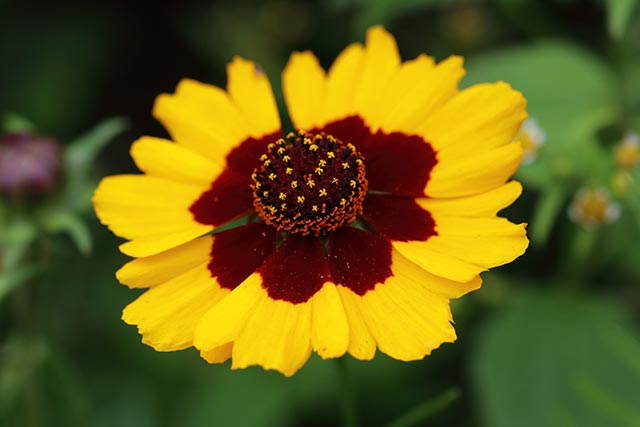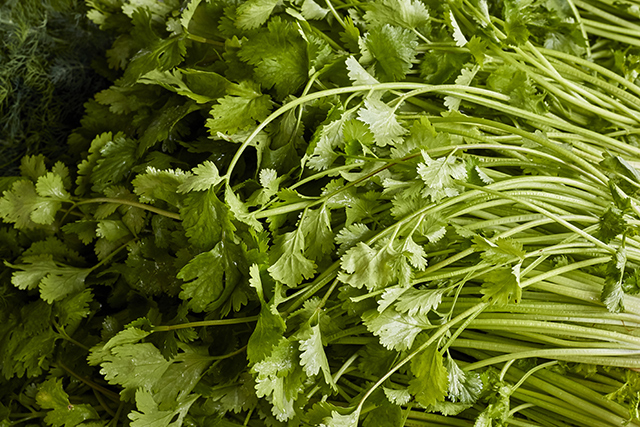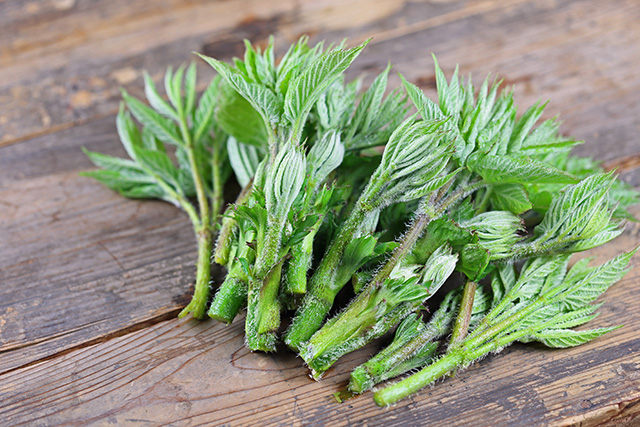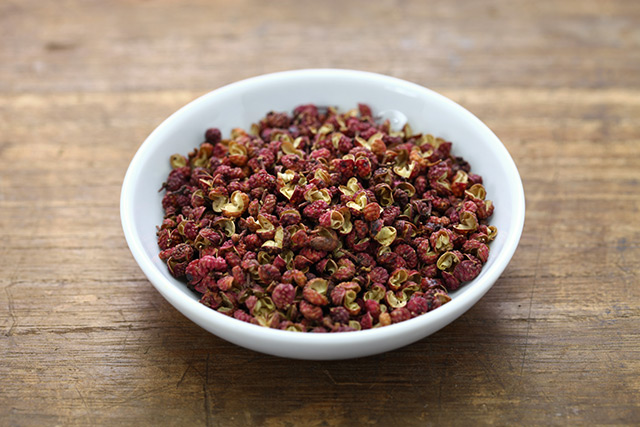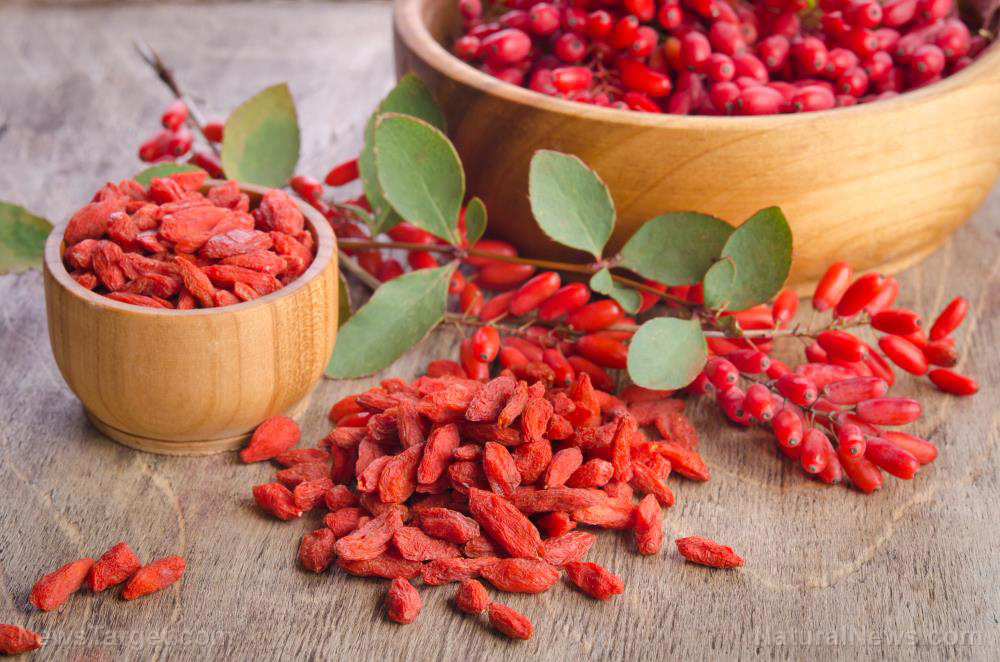Cannabis use doubles in the U.K.: Thousands are now using it for anxiety, epilepsy, pain control
11/23/2017 / By Vicki Batts

Medical marijuana use seems to be on the rise around the world. While there is no shortage of controversy when it comes to the medicinal value of cannabis, the number of people turning to this plant medicine for relief continues to grow — especially in the United Kingdom. Across the pond, some 250,000 people are using cannabis oil to treat what ails them. And if that figure isn’t impressive enough, trade regulatory group Cannabis Trades Association UK says that the number of cannabis oil users has doubled in the span of just a single year.
In the UK, both England and Wales legalized the sale of CBD oil last fall — after conceding that the plant did offer “restoring, correcting or modifying” effects. While a license is necessary for retailers looking to sell CBD oil as a medicine, those who offer it as a ” food supplement” are able to skirt around the rules and circumvent the arduous licensing process. While the debate over the cannabis plant’s medicinal benefits continues to rage on, it’s clear that CBD oil is an increasingly hot commodity.
CBD oil popularity soars
The trade association says that around this time last year, their figures showed there were around 125,000 cannabis oil users in the UK. Now, Cannabis Trades Association UK (CTA UK) reports, there’s an average of approximately 1,000 new cannabis oil users every month.
Patients are turning to cannabis oil for a variety of different conditions; whether it be seizure disorders like Dravet syndrome or epilepsy, chronic pain, anxiety or depression, people are looking for a more natural form of medicine. And clearly, cannabis oil must be fitting the bill.
100% organic essential oil sets now available for your home and personal care, including Rosemary, Oregano, Eucalyptus, Tea Tree, Clary Sage and more, all 100% organic and laboratory tested for safety. A multitude of uses, from stress reduction to topical first aid. See the complete listing here, and help support this news site.
Estimates from CTA UK suggest that approximately 65 percent of CBD oil users are women looking to relieve pain, anxiety or depression.
CBD oil, or cannabidiol, does not contain THC, which is the cannabinoid compound in marijuana that produces the infamous “high.” CBD and THC are two of the plant’s most widely recognized compounds, but there are actually over one hundred cannabinoids found in cannabis. CBD is now often regarded as cannabis’s “medicinal” compound. In addition to being known for its lack of side effects, CBD is revered for its influence on serotonin and dopamine release and reception.
Its surge in popularity overseas is no surprise: The government did make purchasing this plant medicine legal last year. Sadly, the United States continues to lag behind.
Plant medicine still illegal in U.S., despite clear benefits
In the U.S., plant medicines like CBD oil (or just cannabis in general) remain highly illegal, at least at the federal level. Research has consistently shown that many different maladies can be helped with cannabis — including the scourge of the nation, opioid addiction. Indeed, research has indicated that the medicinal use of cannabis can help prevent and treat addictions to Big Pharma’s most deadly cocktails. Naturally, the pharmaceutical industry has played a primary role in keeping cannabis illegal.
In spite of the federal government’s reluctance, many states have taken matters into their own hands, legalizing cannabis for medicinal or recreational purposes (or both). In 2014, it was reported that over the course of just eight months, over 100 families had moved to Colorado, just so they could obtain legal cannabis treatment for their sick children.
While the number of people turning to cannabis for medicinal reasons continues to grow, the US government’s failure to meaningfully address the issue of cannabis legalization is shameful. [Related: Read more stories about cannabis’s medicinal compounds at CBDs.news]
Sources for this article include:
Tagged Under: Anxiety, cannabis, cannabis oil, CBD, herbal medicine, medical marijuana, natural cures, natural remedies, pain relief, United Kingdom



